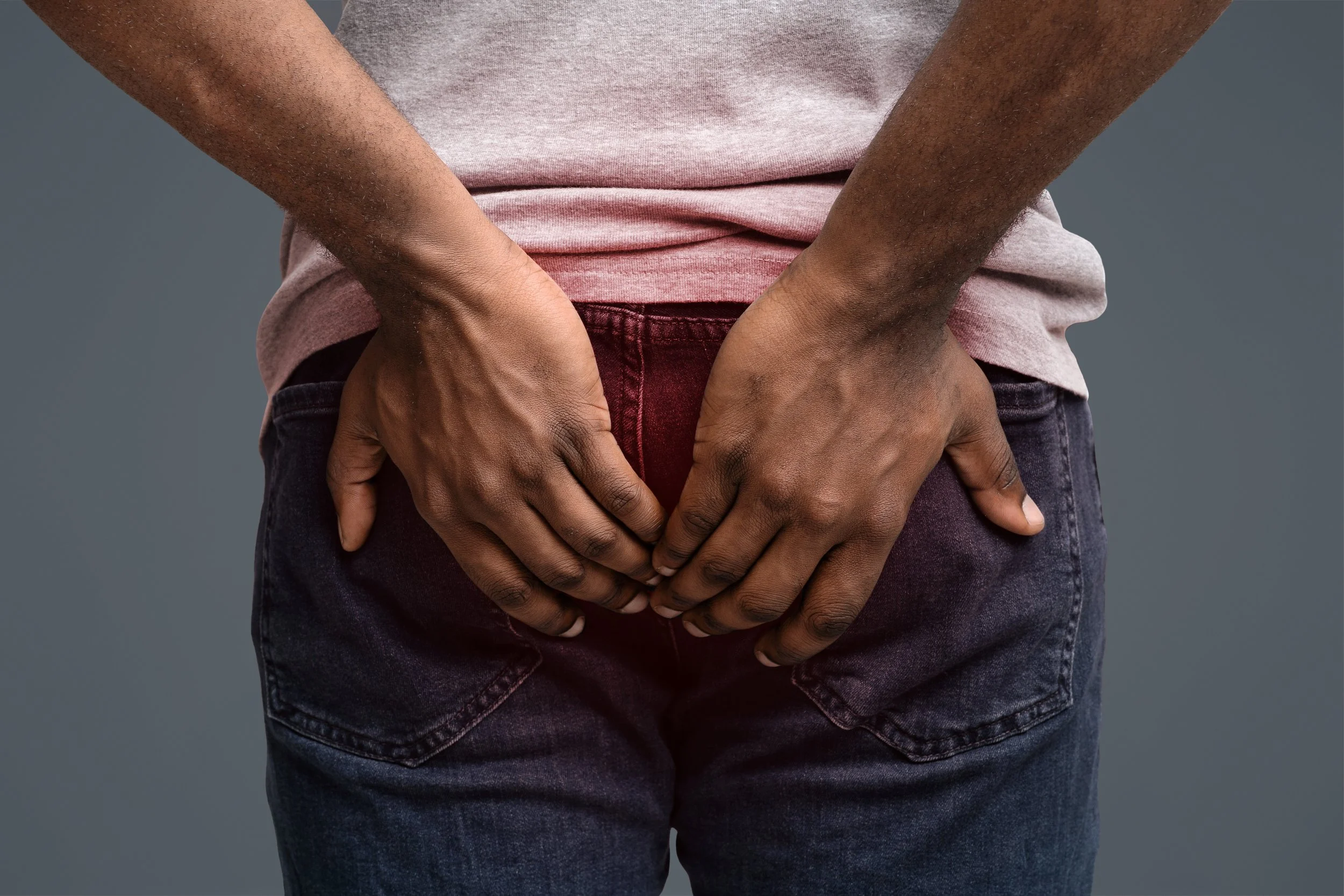Hemorrhoids affect millions of Americans every year, causing discomfort, pain, and disruption to daily life. At the Colorectal Clinic of Tampa Bay, our board-certified specialists are committed to helping you understand, treat, and prevent this common condition with the latest evidence-based medical guidance.
What Are Hemorrhoids?
Hemorrhoids are swollen and inflamed veins in the rectum or anus. They can be internal (inside the rectum) or external (under the skin around the anus). While they may be painless at first, they can lead to itching, discomfort, bleeding, and even prolapse if left untreated.
Causes of Hemorrhoids: Backed by Science
While the exact cause of hemorrhoids can vary, scientific studies have pointed to several common risk factors and mechanisms:
Straining During Bowel Movements
Excessive straining leads to high pressure in the anal canal, which causes blood vessels to swell and form hemorrhoids (Graham-Stewart, 1963).Low-Fiber Diet
Diets lacking fiber result in hard stools and constipation, both of which increase the risk of hemorrhoids (Awadh et al., 2021) (Burkitt & Graham-Stewart, 1975).Prolonged Time on the Toilet
Spending too long during defecation leads to venous engorgement, increasing hemorrhoid development (Garg & Singh, 2017).Pregnancy and Aging
Hormonal changes and pressure from the uterus during pregnancy, along with weakening of rectal tissues with age, are significant contributors (Annisa, 2022) (Poškus et al., 2022).Genetics and Defecation Habits
Family history, improper defecation posture, and longer time spent in the restroom have all been linked to higher hemorrhoid risk (Tevin et al., 2019).
How to Prevent Hemorrhoids: Expert-Recommended Tips
Fortunately, most hemorrhoids can be prevented with simple, consistent lifestyle modifications:
Adopt the TONE Method
TONE =Three minutes max on the toilet
Once daily bowel movement
No straining
Enough fiber
This method has been proven effective in stopping progression and reducing symptoms of hemorrhoids (Garg & Singh, 2017).
Eat a High-Fiber Diet
Include fruits, vegetables, whole grains, and legumes in your meals. Fiber softens stools and reduces pressure on anal veins (Awadh et al., 2021).Stay Hydrated
Drink plenty of water to avoid constipation and keep your digestive system functioning smoothly.Exercise Regularly
Physical activity stimulates bowel function and helps prevent obesity, another risk factor for hemorrhoids (Awadh et al., 2021).Practice Controlled Defecation
Controlled defecation techniques—like tightening the anal sphincter between urges—can significantly reduce the risk of severe hemorrhoids (Marx, 1993).
How the Colorectal Clinic of Tampa Bay Can Help
At the Colorectal Clinic of Tampa Bay, our expert team provides personalized care using the latest treatments in hemorrhoid prevention, diagnosis, and management. Whether you're dealing with occasional discomfort or recurring symptoms, we offer both non-surgical and surgical options tailored to your needs.
Our compassionate approach ensures patient comfort and successful outcomes. Don’t let embarrassment or misinformation prevent you from seeking expert help—early intervention is key.
Hemorrhoids are common but preventable. By adopting healthier habits and seeking professional care when needed, you can reduce your risk and improve your quality of life. Trust the experienced physicians at the Colorectal Clinic of Tampa Bay to guide you with compassion and clinical excellence.
Works Cited
Awadh, Z., Safwan, A., Aljibreen, S. A., Alsadah, M. O., Aldossary, A. S., Obaidat, M. I., Kremli, A., & Alslymi, M. M. (2021). Approaches of Hemorrhoids Prevention: Systematic Literature Review. Link
Graham-Stewart, C. W. (1963). What causes hemorrhoids? Diseases of the Colon & Rectum. Link
Burkitt, D., & Graham-Stewart, C. W. (1975). Haemorrhoids—postulated pathogenesis and proposed prevention. Postgraduate Medical Journal. Link
Garg, P., & Singh, P. (2017). Adequate dietary fiber supplement and TONE can help avoid surgery in most patients with advanced hemorrhoids. Minerva Gastroenterologica e Dietologica. Link
Marx, F. A. (1993). Prevention of hemorrhoids by controlled defecation. Diseases of the Colon & Rectum. Link
Annisa, B. W. (2022). Diagnosis and Management of Hemorrhoids. Unram Medical Journal. Link
Poškus, D., Sabonytė, R., & Balsaitienė, D. (2022). Preventing hemorrhoids during pregnancy: a multicenter, randomized clinical trial. BMC Pregnancy and Childbirth. Link
Tevin, L. R., Arifin, F., & Pramono, A. (2019). The Correlation Between Family History, Constipation, Defecation Position, And Defecation Time And Hemorrhoid. Link

